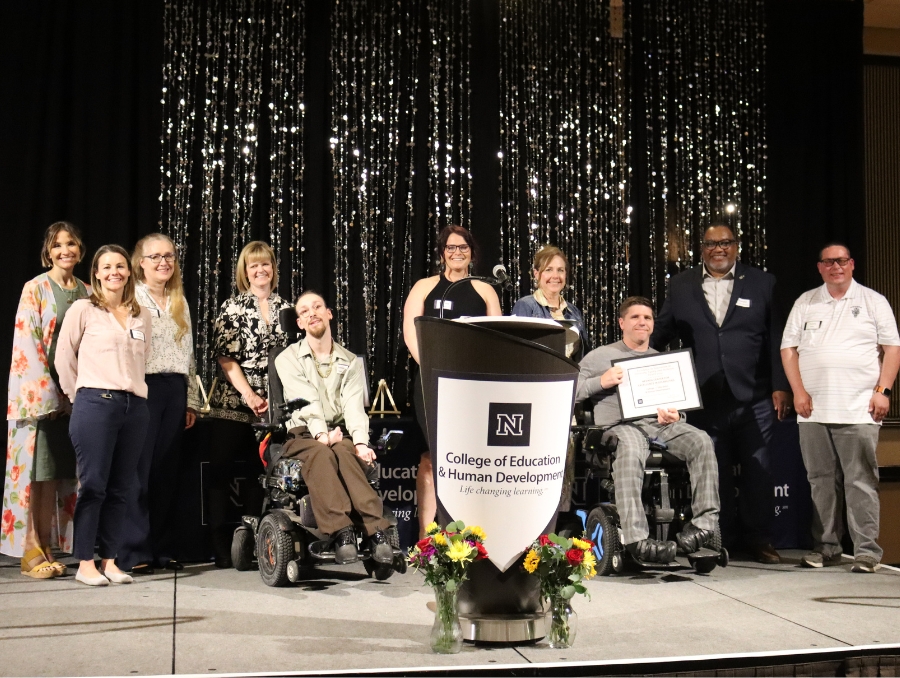One of the region's worst fears was realized June 24 when the Angora Fire erupted in South Lake Tahoe, Calif., charring more than 3,000 acres, destroying homes and revisiting concerns about national forest preservation policy and the realities of fire management in a natural environment.
"There are many themes common to the American West that illustrate Western Nevada's historical relationship with fire," said Tom King, director of the University of Nevada Oral History Program. "Issues that resonate today such as preservation of natural environment versus land management, protection of wildlife and other practices from which we can learn what worked and what didn't."
King and a staff of 10 have recorded, transcribed, published and archived more than 80,000 pages of oral histories from Nevada's indigenous people and other Nevadans, whose influence shaped the state.
Transcripts published between 1965 and 2003 are available on CD at all public libraries and public school libraries in Nevada to encourage children, history buffs, archivists, and authors to immerse themselves in Nevada's cultural traditions, economic development, industry booms - and busts, natural disasters, politics, and social movements.
"There was no history of the civil rights movement in Nevada until we collected first-person accounts from members of the NAACP in northern Nevada and Las Vegas," King said. "This is only one example of monumental gaps in the State's history that would be lost without collecting oral histories from chroniclers who were involved."
The recording of oral history is both time- and resource-intensive yet it provides one of the richest sources of texture and context for historical events, documents of Nevada's past.
Faxes, e-mails, even iPhones have replaced handwritten correspondence and institutional records. The ever-diminishing durable records of events concerns King and oral historians across the country.
"The further we go into the 21st century, the more important an oral history becomes," King said. "We rely on people and their memories to experience phenomenon, people, places, events, and industries, and to establish the sequence in which events occur, events that otherwise would be gone without a trace."
To maintain this important facet of history, the program, which operates under the auspices of the College of Liberal Arts, has expanded its publishing capacity and produces video documentaries. The sale of books and videos generate revenue to underwrite other projects, and the program has secured approximately $1 million in grants since it was established.
Several of its documentaries have won awards at international film festivals and two have been selected for screening at the American Anthropological Association's annual Ethnographic Film Festival.
Oral histories help us remember that the more things change, the more they stay the same.
King published the collected oral history of Archie Murchie, a ranger who began a career with the Forest Service in 1929. Murchie provided important historical perspectives about the early years of the department and the practice of fire prevention.
According to Murchie, rangers never deliberately let a fire burn but a debate over the practice began shortly before his retirement in 1965.
The Angora Fire and other conflagrations point to sensitive issues that have not yet been resolved but King observes that ability to preserve oral histories will also help us to inform and educate future generations before it's too late.










